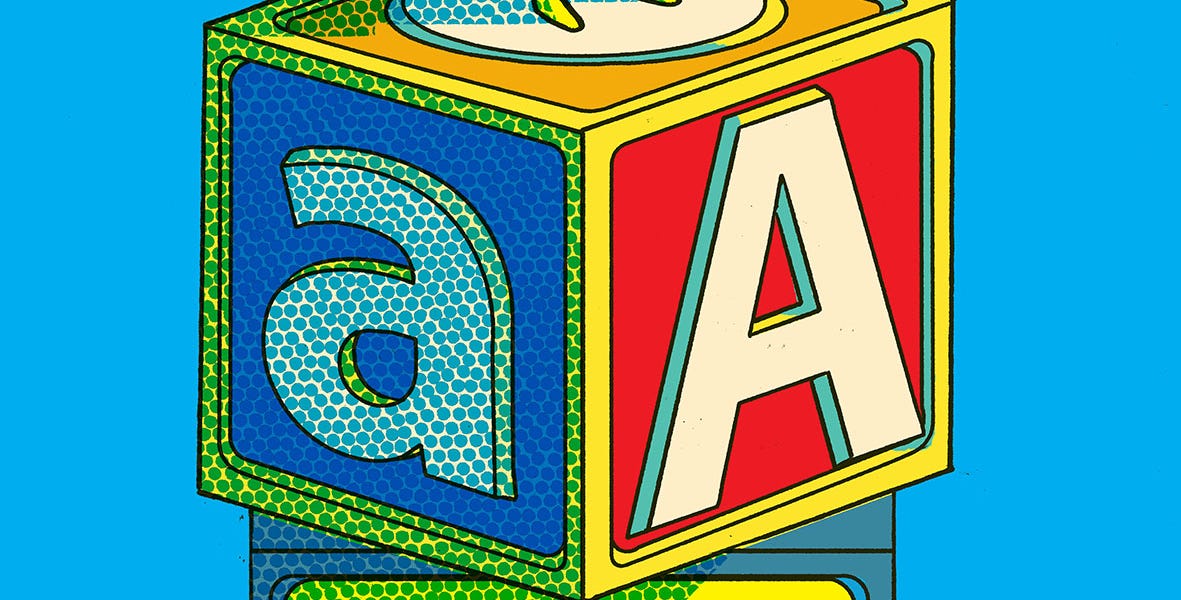How to teach your two-year-old to read

🌈 Abstract
The article discusses the benefits and process of teaching a two-year-old child to read, and why parents should consider doing so.
🙋 Q&A
[01] How to Teach Your Two-Year-Old to Read
1. What are the key benefits of teaching a toddler to read?
- Helps with cognitive development and future educational achievement
- Allows the child to better understand the world around them and feel more confident
- Helps the child learn how to learn, which is valuable for their future education
- Provides a positive learning experience for the child and bonding time with the parent
2. What are the author's views on the current state of reading ability in the US?
- Reading scores nationwide have been declining since 2012, back to 1980 levels
- Many schools and students are struggling with basic reading skills, even at the high school and college levels
- The author believes this is a serious issue that has been quietly worsening over the past decade
3. How does the author recommend teaching a toddler to read?
- The best method is through phonics, teaching the child how to sound out words
- Start with a simplified, lower-dimensional version of the English language, then gradually expand to more complex rules and words
- Use techniques like flashcards, tips and tricks, and other resources to make the process engaging and enjoyable for the child
[02] Why to Teach Your Two-Year-Old to Read
1. What are the author's philosophical views on the benefits of literacy for a child?
- Being able to read puts the child in communication with the logic of the world around them
- It gives the child a sense of mastery and confidence, as they can understand signs, labels, and the mechanisms of society
- Learning to read is a "civilizing force" that allows the child to better engage with the post-Mesopotamia age
2. How does the author describe the personal experience of teaching their child to read?
- It was a joyful experience, with moments of celebration and wonder as the child progressed
- The process became a long-term project they could do together, which was intellectually fascinating for the parent
- While there were occasional frictions, the child was generally happy and willing to learn, with play and routine incorporated into the process
3. Why does the author believe teaching a child to read can be a rewarding experience for the parent?
- It feels like the parent is "building an addition to [the child's] cognitive architecture" in a visceral, tangible way
- It's an accomplishment the parent can take pride in for the rest of their life, as they'll always be a part of the child's reading journey
Shared by Daniel Chen ·
© 2024 NewMotor Inc.